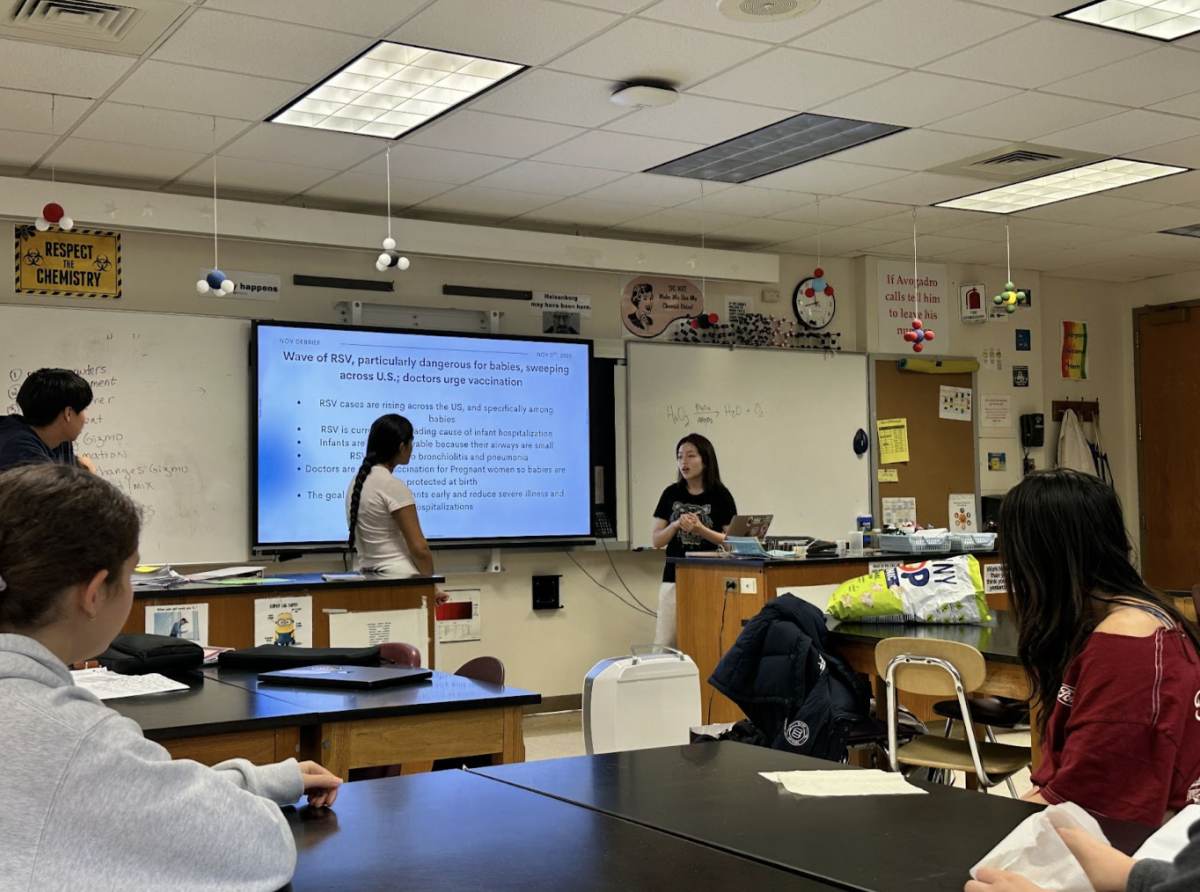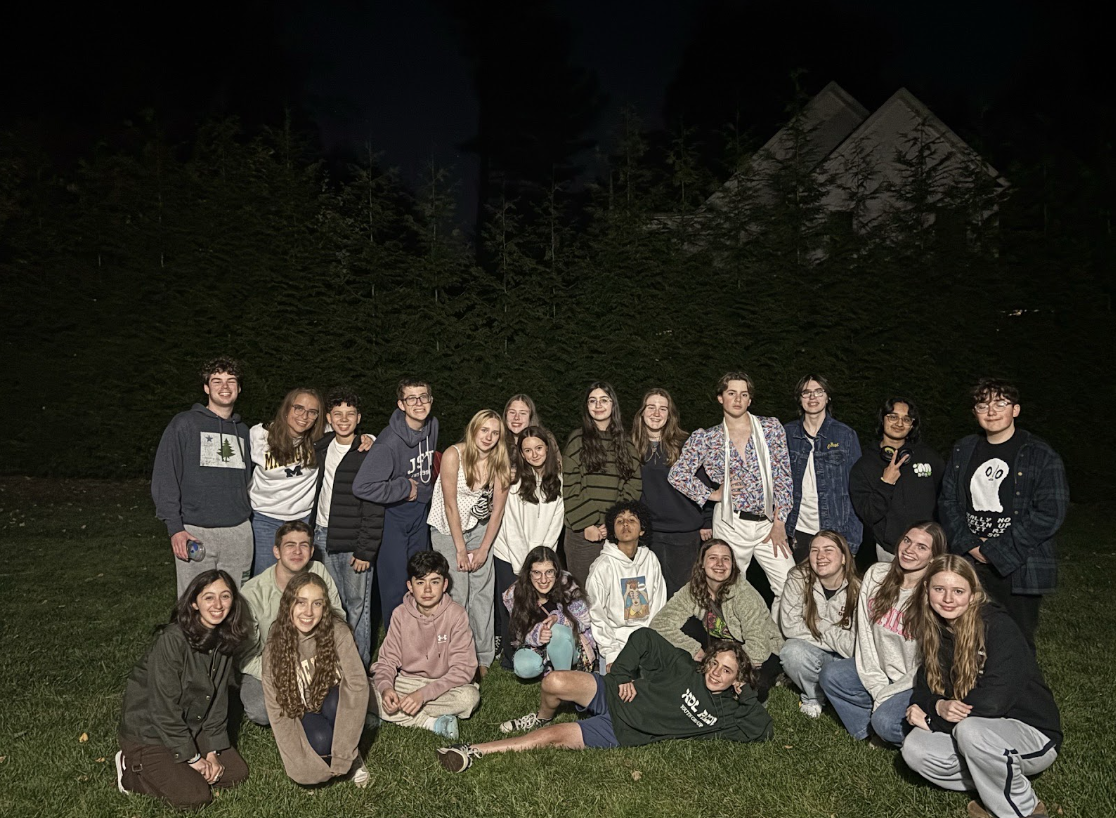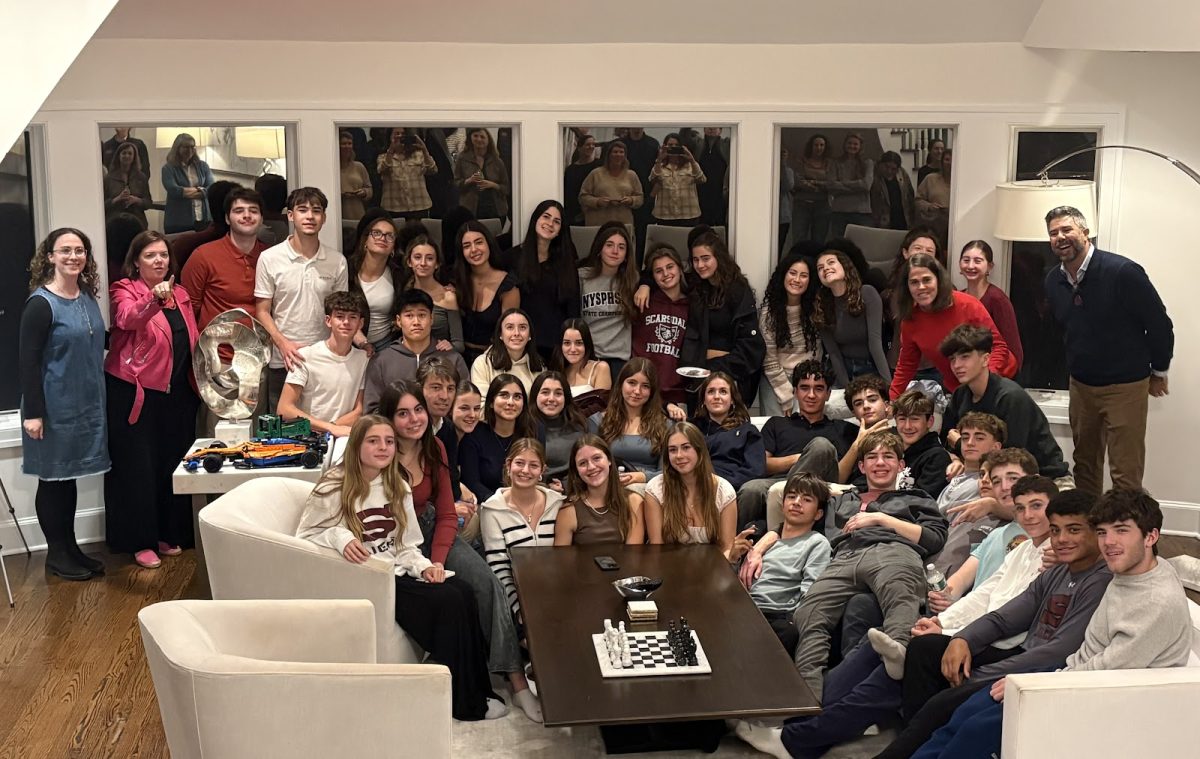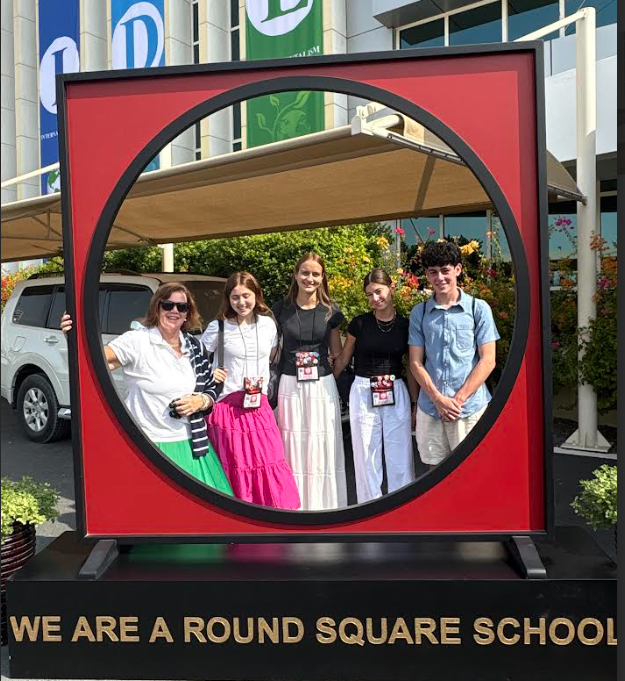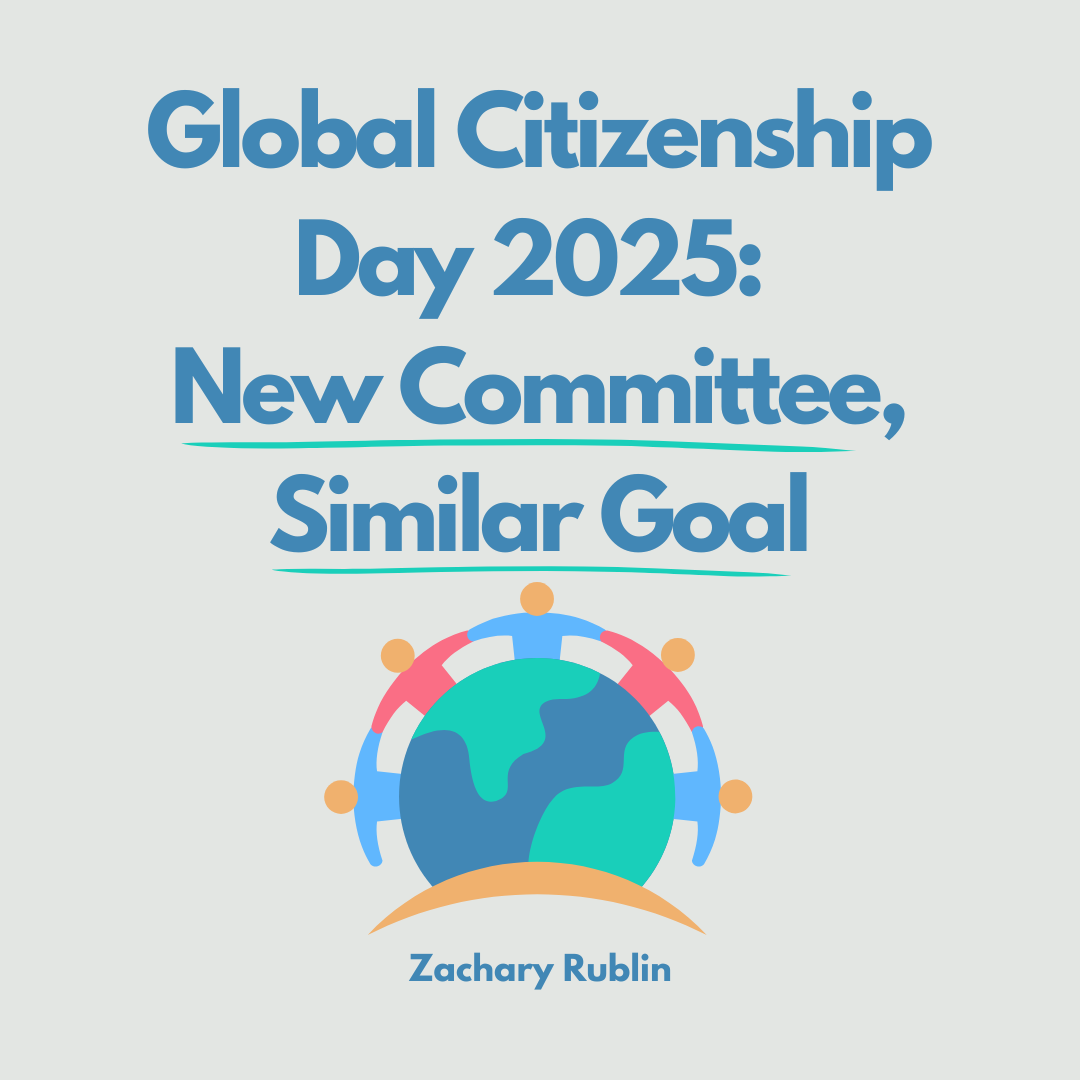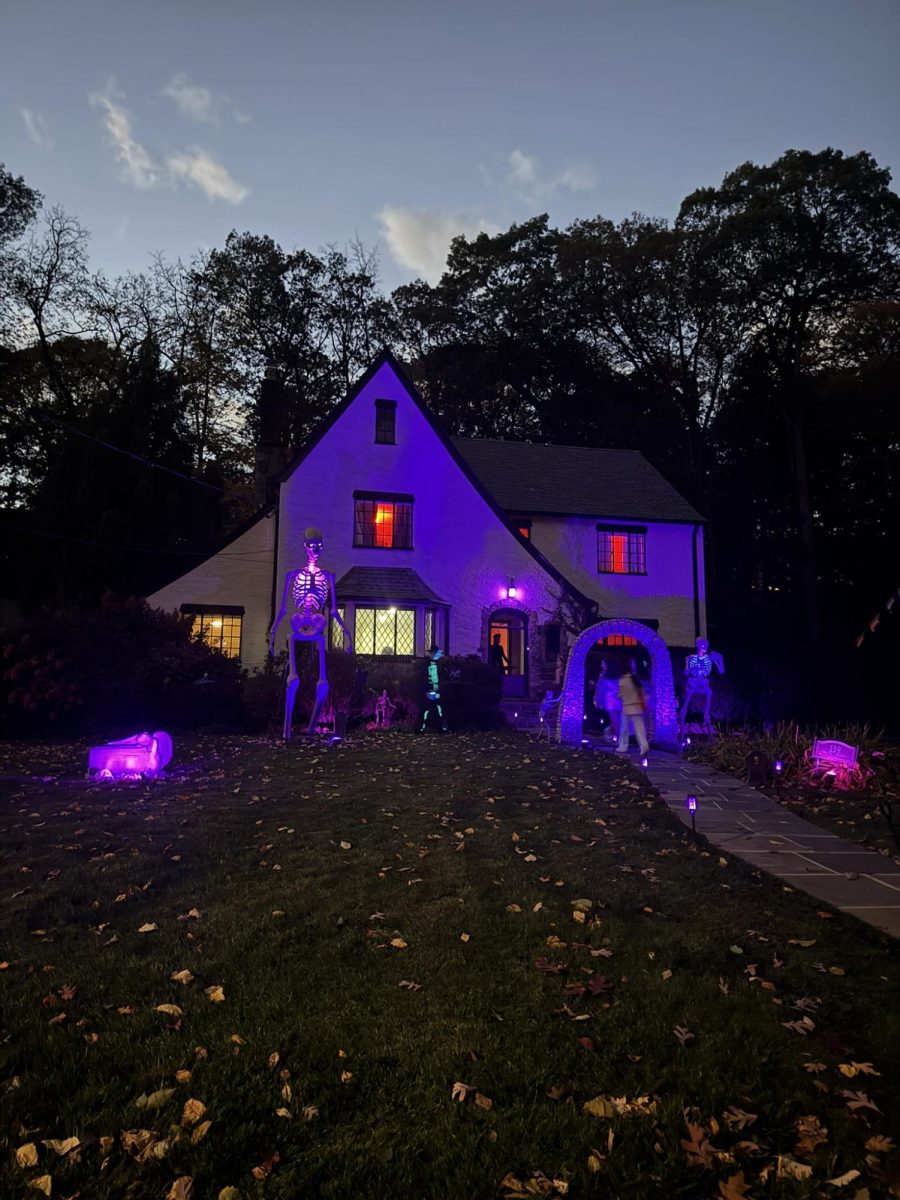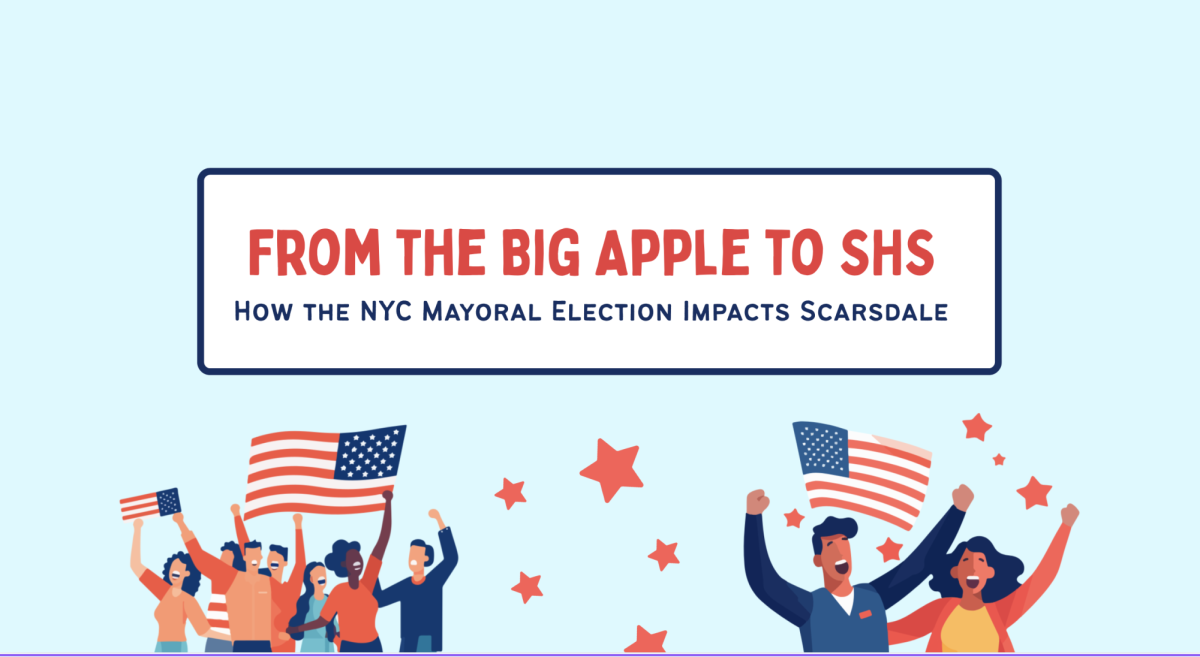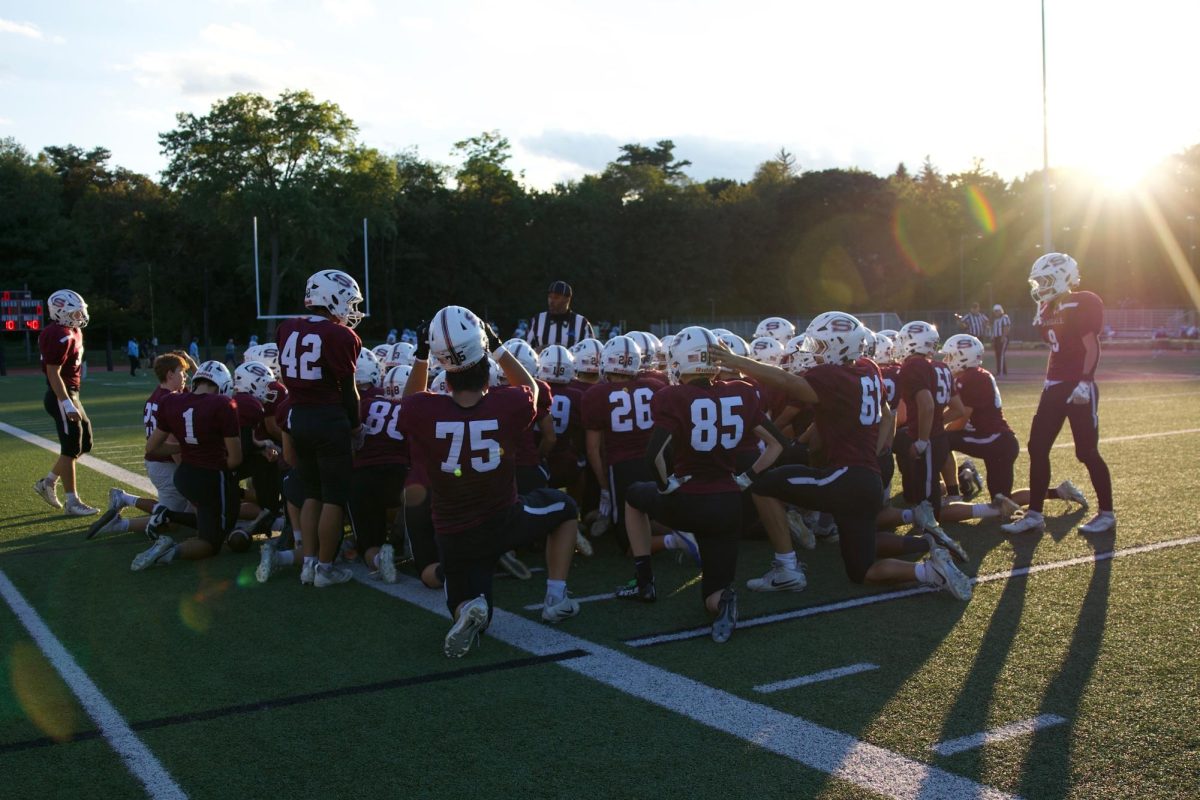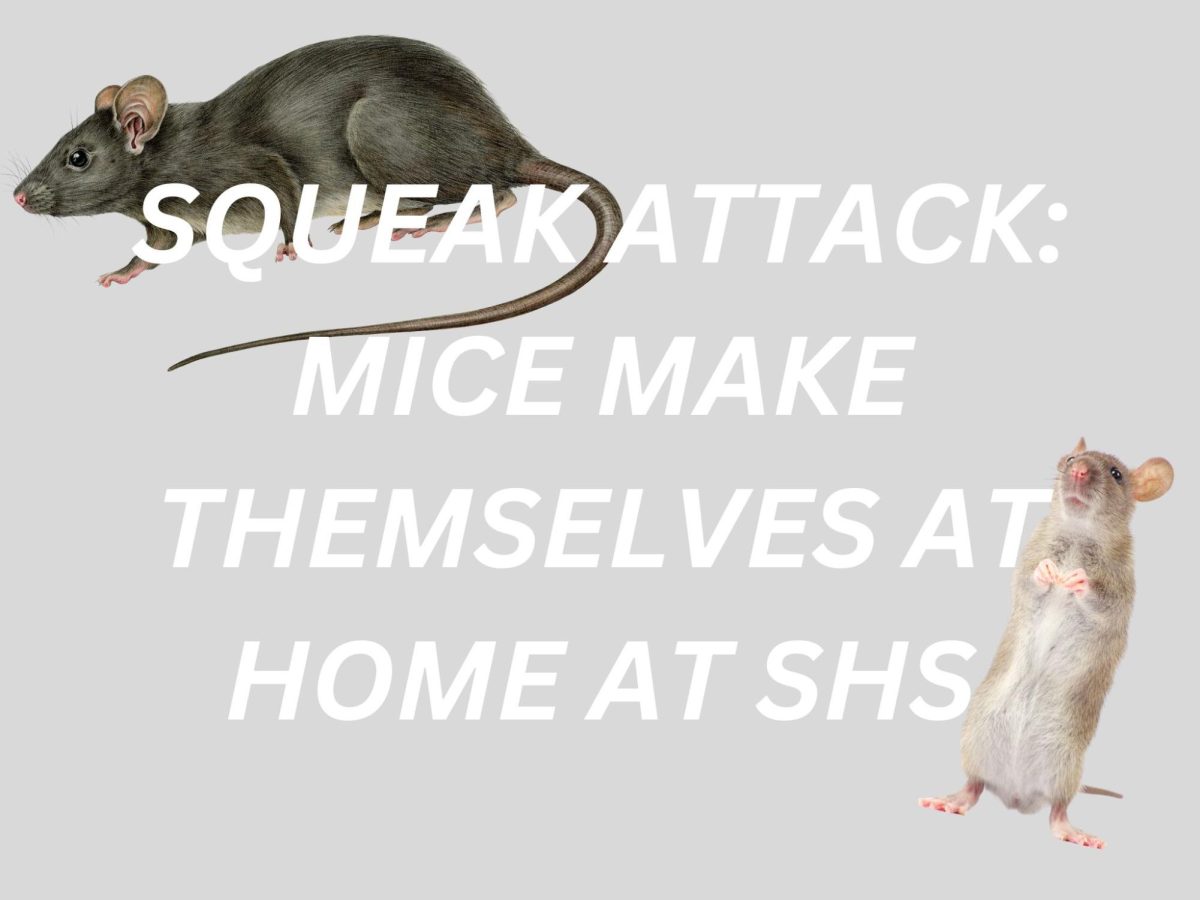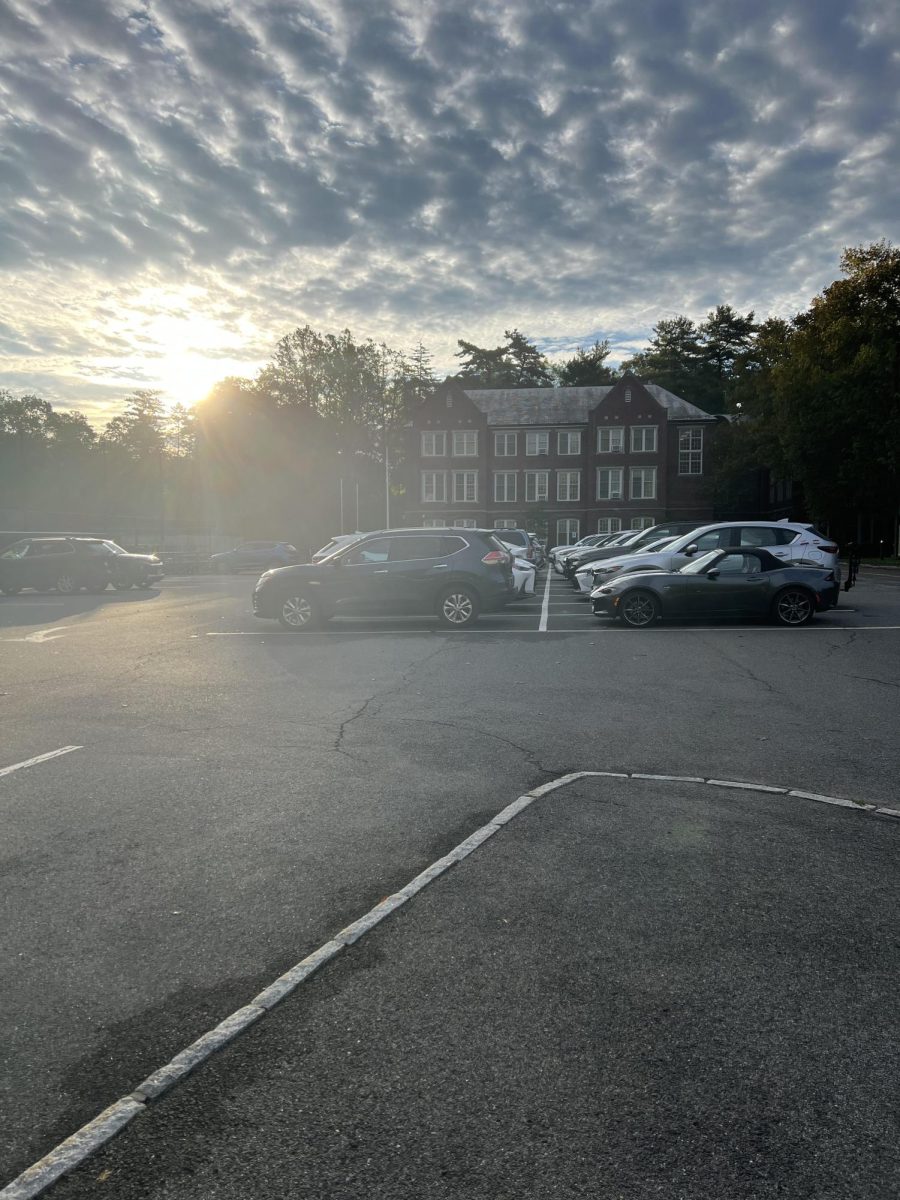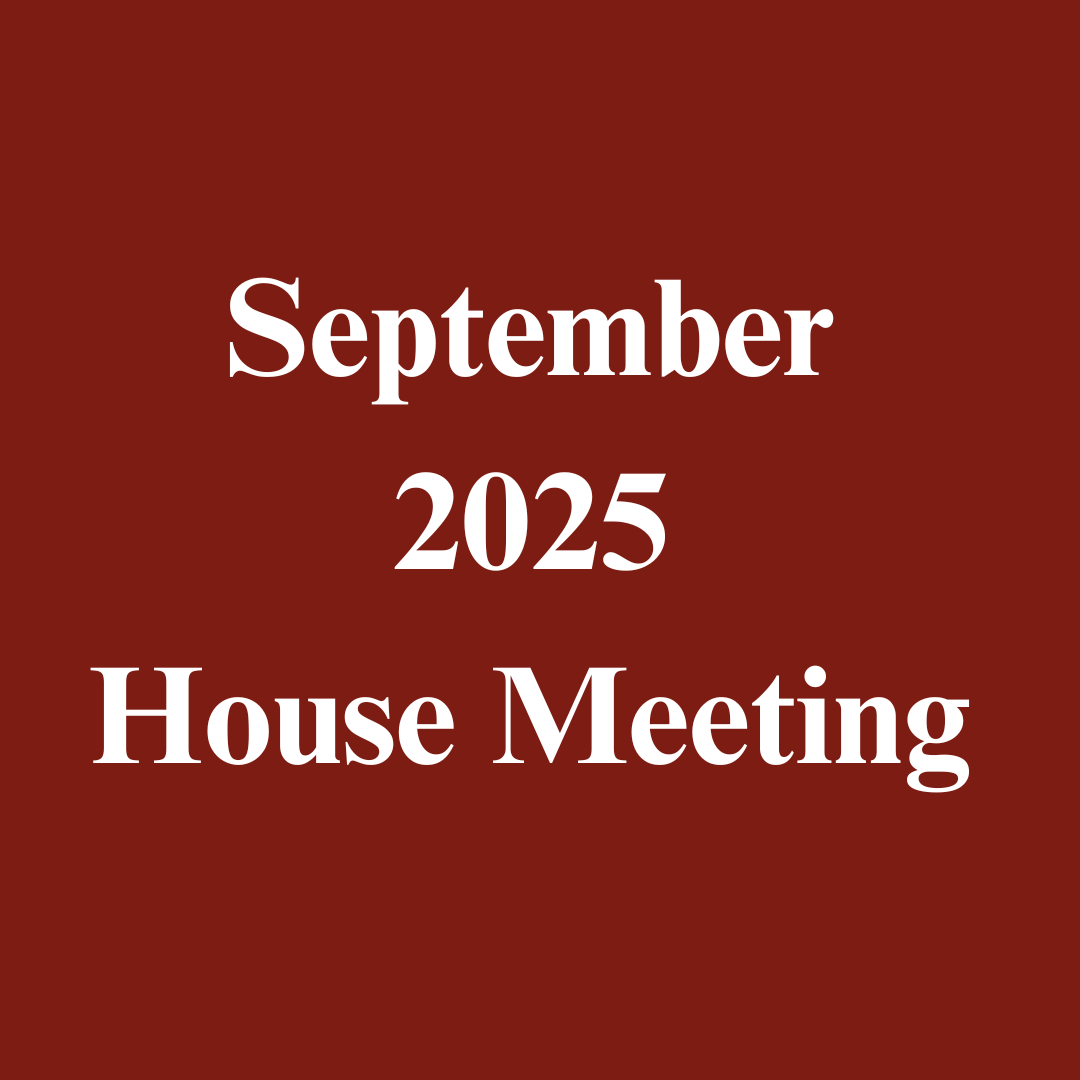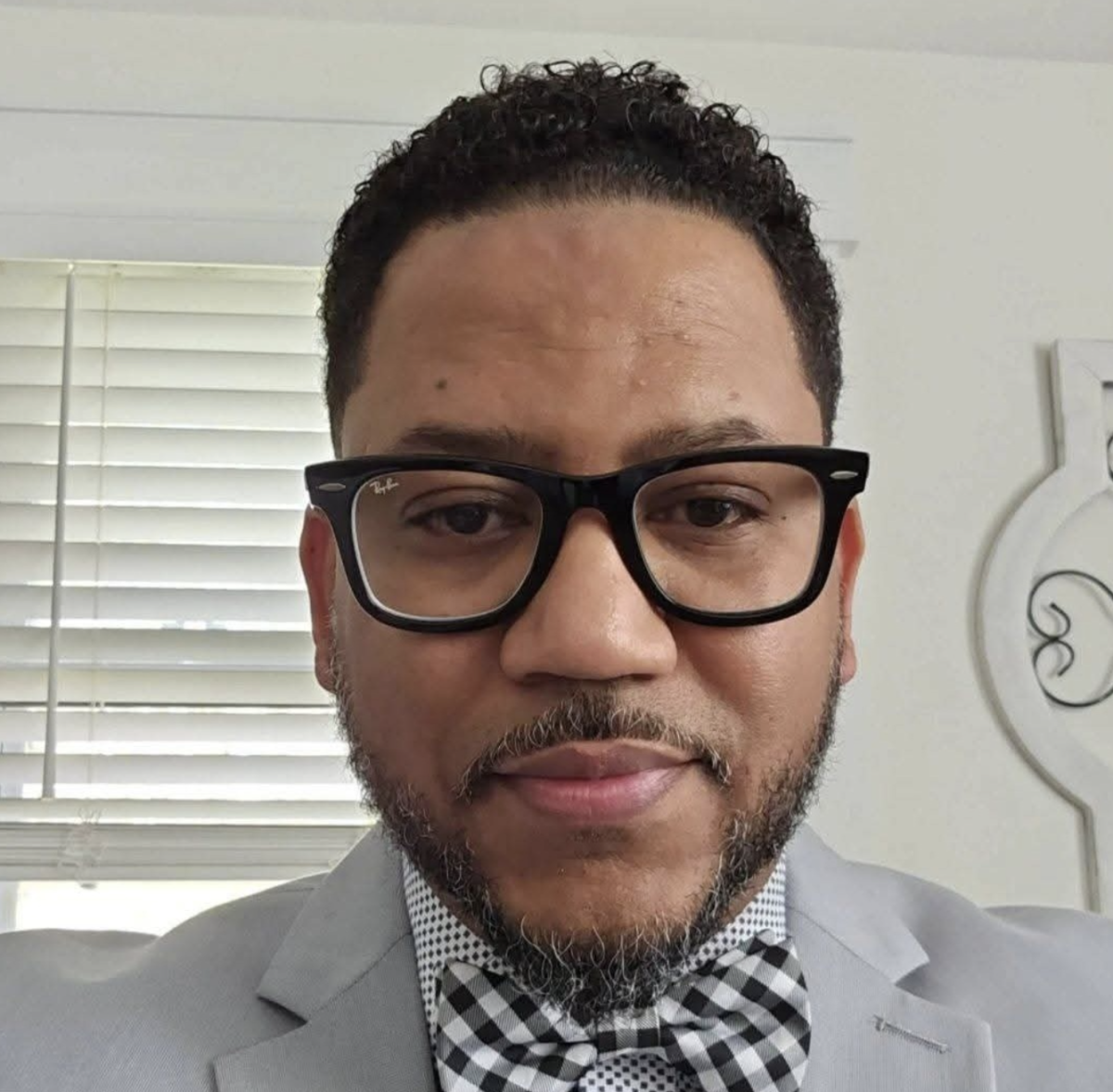On Global Citizenship Day, October 23rd, Scarsdale High School welcomed Scarsdale Village Historian Jordan Copeland who shared a compelling account of Scarsdale’s history of slavery. Following his presentation, Maroon interviewed him to delve deeper into this topic, exploring how its impacts continue to persist.
Q: What was your presentation about?
Today, the topic was about slavery in Scarsdale. We played some of a video that I made in 2020 about the history of black people in Scarsdale…and what that was talking about is…how, yes, slavery did in fact happen in Scarsdale like it did in all of America and not just in the South. There were enslaved people here and many of them were enslaved by names that are very familiar. Cornell, Griffin, Popham that you would know from streets and houses and so on.
Q: Why did you feel that slavery was such an important topic in the history of Scarsdale?
Now, look, another thing that we talked about is that this stuff is complicated. You’ve got to decide, for figures, like Washington or Jefferson, how much does their legacy as slaveholders affect the other good things that they did? Because they clearly did good things. These people in Scarsdale did things that benefit us today. For example, the Popham family donated the land to the church of St. James the Less and there were black people in the 1800s who were baptized there. So, that seems like that was a good thing. But on the other hand, there were other people, members of that family who had enslaved people up through 1820. You have to decide what standards do we hold of the past? Do we hold them to today’s standards? Or do we hold them by other standards, the standards of their day?
Q: Why is this message about learning our history so important for the youth today to understand?
I mean, I do think that things are always getting better, and I think that this generation is exceptional, is just very forward-thinking, and is very aware of these things. When I was a kid, terms like privilege, no one used in these contexts…So there’s been enormous progress made, and I think there’s a lot more, young people today have a lot more sensitivity. And my hope is that there would be less naked self-interest and that people would be more concerned, and continue to be more concerned about other people. Are they being included? Are they being welcomed? And so on.
Q: What do you think about the institutions in Scarsdale, and how much do we need to maybe reform them in the future? Where do we need to go from here?
So…it’s an interesting and complicated question…We talked about Wayside Cottage, which had a lot of this land kind of under it, and there were people, there were enslaved people who lived there, so they surely belonged to this land. It’s a difficult thing on a personal level for many people in Scarsdale, because many people in Scarsdale, if they are of either Asian heritage or Jewish in particular, weren’t here during slavery, right? So, in that sense, they are deemed to be benefiting from something that happened before they got here…I mean, obviously, racism is still alive and well, and some people are able to sort of slot into American society more easily… You know, and again, it’s not Scarsdale-specific. It’s that black people have had less intergenerational wealth everywhere in America because of their status for many of them as property up through the early to Mid-1800s.
Q: If slavery is damaging, do you think there should be this shameful look at it?
I don’t feel like I should get credit or blame for that, right? You get credit or blame for how you act today with the knowledge that you have today. So, I don’t think you can…If your great-grandfather was an abolitionist, well, you didn’t do anything. And if they were an enslaver, you shouldn’t get blamed for that as well. If they accumulated wealth based on that that you enjoy today, I think that heightens your responsibility, perhaps, to be mindful of that. But I don’t feel like guilt or shame has any place in it. I don’t feel guilt or shame when I learn about it as a white person.
Q: What steps can be taken to build a stronger, more connected community, given this legacy of slavery?
I would say heightening real connections with other people and trying to educate ourselves, so that way we’re all kind of on the same page and can at least have an agreement on basic facts before opinions get thrown into it. You know, that’s a good start.




